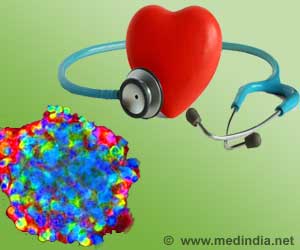
‘A 15-day exposure of mouse embryonic stem cells to microgravity inhibited their ability to differentiate and generate most cell lineages, needed for the development of bone, muscle, the immune system, and other organs and tissues.’
Tweet it Now
In the article 'Microgravity Reduces the Differentiation and Regenerative Potential of Embryonic Stem Cells', Elizabeth Blaber and coauthors from NASA Ames Research Center (Moffett Field, CA) and University of New South Wales (Sydney, Australia) report the effects of mechanical unloading on stem cells during a 15-day period of exposure to microgravity. The researchers studied the differentiation potential of the mESCs using the embryoid body (EB) model, which models the differentiation of ESCs into embryonic tissue. The researchers discuss the close similarities between the EB model and adult stem cell-based tissue regeneration and the significance of their findings for regeneration of adult mammalian tissues. Editor-in-Chief Graham C. Parker, The Carman and Ann Adams Department of Pediatrics, Wayne State University School of Medicine, Detroit, MI, said, "We have been privileged in the past to communicate papers that relate our authors' fine efforts to recreate the effects of space travel on stem cells and development. It is, therefore, a huge privilege to disseminate a paper that literally does use space travel to examine the effects in the NASA Space Tissue Loss experiment."
Source-Eurekalert











